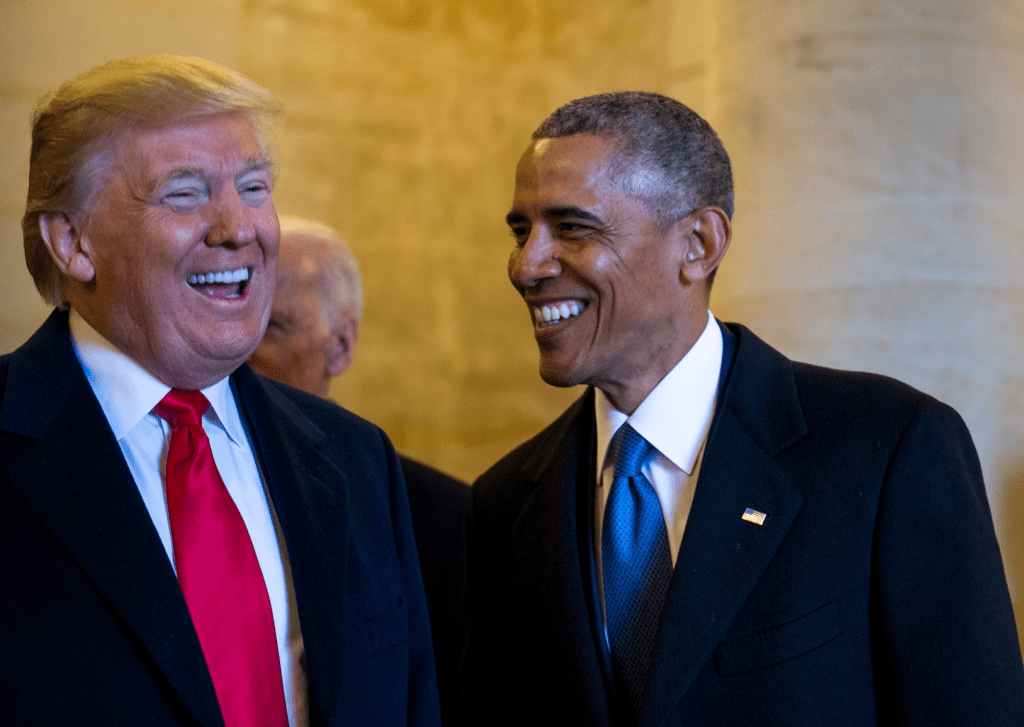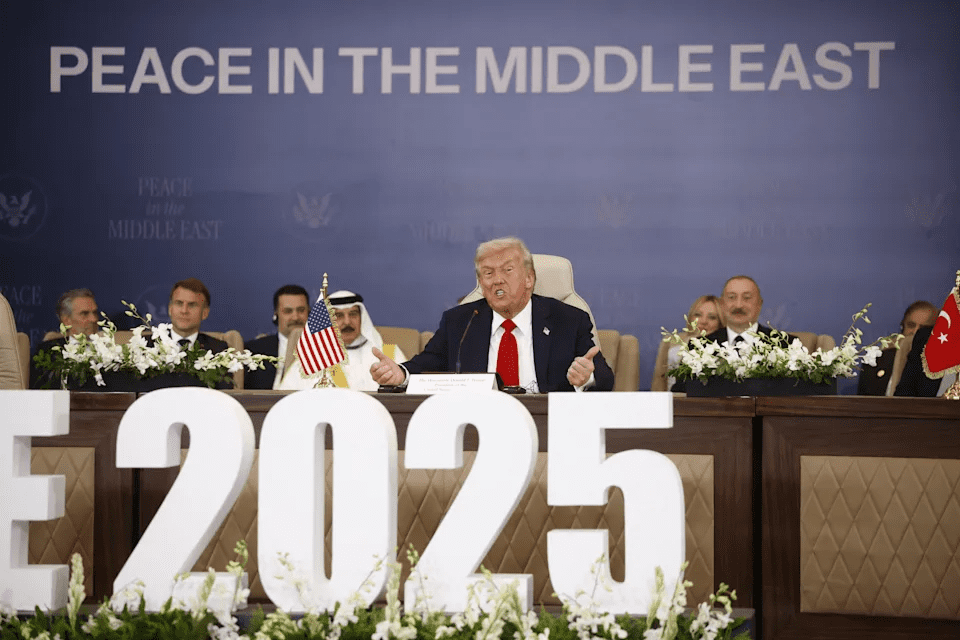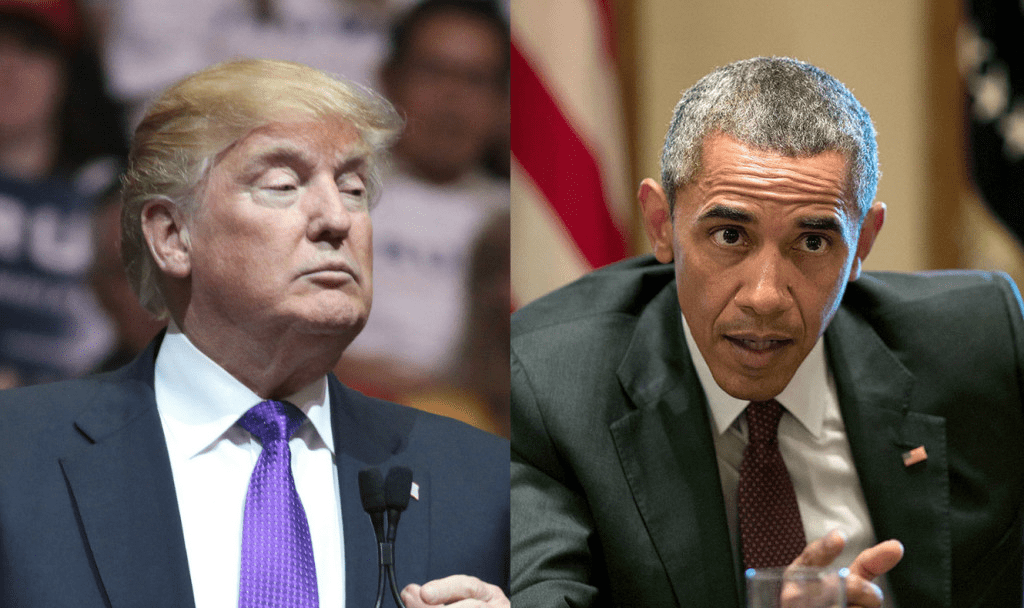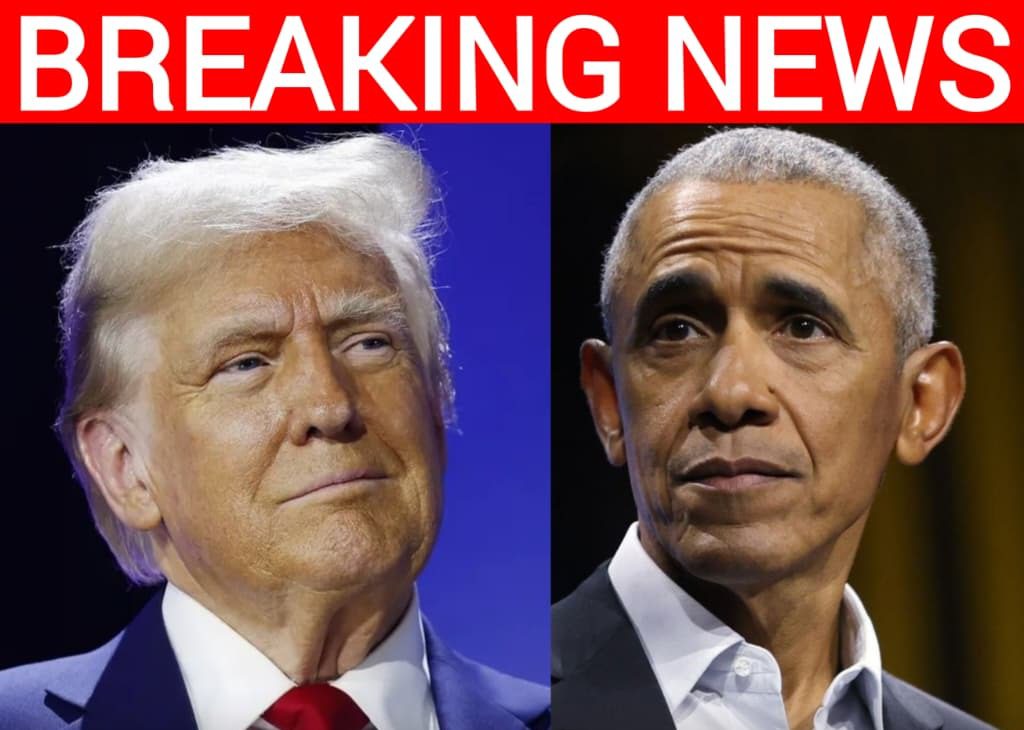New J.L. Partners Survey Gives Trump a 22-Point Edge Over Barack Obama in Who Did More for Middle East Peace
In a compelling twist of public sentiment, a freshly released J.L. Partners poll conducted October 14–15, 2025 among 1,004 registered American voters places Donald Trump far ahead of Barack Obama in perceptions of who has done more to promote peace in the Middle East. According to the survey, 38 percent of respondents say Trump has achieved the most, while just 16 percent chose Obama. Trailing behind were Joe Biden and Bill Clinton at 7 percent each, and George W. Bush at 4 percent. The findings highlight not just a shift in public memory but a moment of political resonance as Trump asserts his foreign policy credentials in a field of modern American presidents.

The timing of this polling is significant. The Trump administration has recently claimed a diplomatic breakthrough by brokering a ceasefire in Gaza, and this survey seems to reflect a broader recalibration of Trump’s image abroad. While Obama famously won a Nobel Peace Prize early in his presidency—his campaign capstone and global symbol of hope—critics have long argued that his record in the Middle East was mixed. Under his watch, drone strikes expanded, diplomatic efforts faltered, and efforts toward a two-state solution stalled repeatedly. The contrast between symbolic awards and on-the-ground results is central to the new debate now animating this poll.
Trump’s signature foreign-policing moment in the region came with the Abraham Accords, an initiative that normalized diplomatic relations between Israel and several Arab states—a major departure in approach from prior administrations. His supporters say that those agreements demonstrate a more practical, grounded path toward stability. In that light, many Americans now seem willing to reconsider his performance not as the disruptor he was often cast, but as someone playing a transformational role in Middle East diplomacy.

Of course, polls reflect perception as much as fact. Public memory, media coverage, and current events all shape how respondents answer retrospective questions. The J.L. Partners survey offers a snapshot of the moment: in 2025, many Americans view Trump’s recent diplomatic actions as more substantial than Obama’s legacy in the region. Whether that view holds through scrutiny or evolves as history unfolds remains to be seen.
Beyond the numbers, the emotional subtext is striking. The poll presents a narrative of redemption for Trump, one where his critics must reckon with a revived foreign policy aura. It suggests that the public is willing to reinterpret leadership legacies through the lens of new developments. In this reckoning, Trump is less the polarizing figure he once was and more the statesman whose peace claims are now being validated by ordinary citizens.

It also speaks to a broader political landscape where the past is never settled. Obama’s Nobel Prize and early promise are still part of the public mythology, but those achievements are now being measured against a very different global arena—one fraught with new conflicts, shifting alliances, and revived expectations of American influence. Trump, having occupied the center of that arena, is now judged not just by campaign rhetoric but by what people believe he can deliver.
For Democrats and critics of Trump, the poll is a warning sign: once dominant narratives can unravel when voters see fresh evidence that challenges old assumptions. For Republicans and Trump allies, it’s a confirmation: that even in contested territory like foreign policy, the former president can still command resonance and reshape consensus. As Washington watches, this about-face in public opinion may influence upcoming debates, strategy, and the way history regards both Trump and Obama in the contest for peace.



